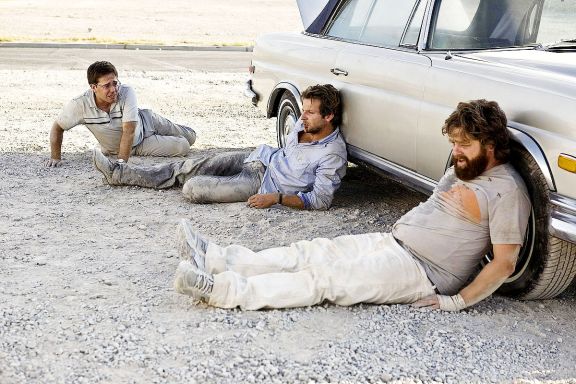
Jon Bounds is one of Birmingham’s most established and best-known bloggers. In this guest post, cross-posted from his own blog, he explains why he’s auctioning off that site, the reasons he started it in the first place, and the problems with the ‘hyperlocal question’.
I started Birmingham: It’s Not Shit back in the May of 2002, before there were really such things as blogs in the mainstream and the term ‘hyperlocal’ was not even a glint in an irritating theorist’s eye.
Pretty much everything that’s ever been on it, and definitely everything technical was written or created by me. I’ve had a couple of ‘columnists’ for short whiles and a couple of bits of ‘holiday cover’ but that’s all.
The site was flat, hand coded HTML until I learned of PHP and wrote a simple news updating section. Later I discovered that there wasn’t only a name for such things but software out there to do it more prettily and better.
And now it, or sites like it, are either the future of the media or a disappointment to those that thought they should be.
But, it didn’t start because the media was dying, it started because the media was crap: crap at explaining why people connected emotionally with a place that—when looked at objectively—was a bit shit. Crap at self awareness, crap at understanding real life. The media has changed a little, but mostly the contents have just shifted in transit. Continue reading →






